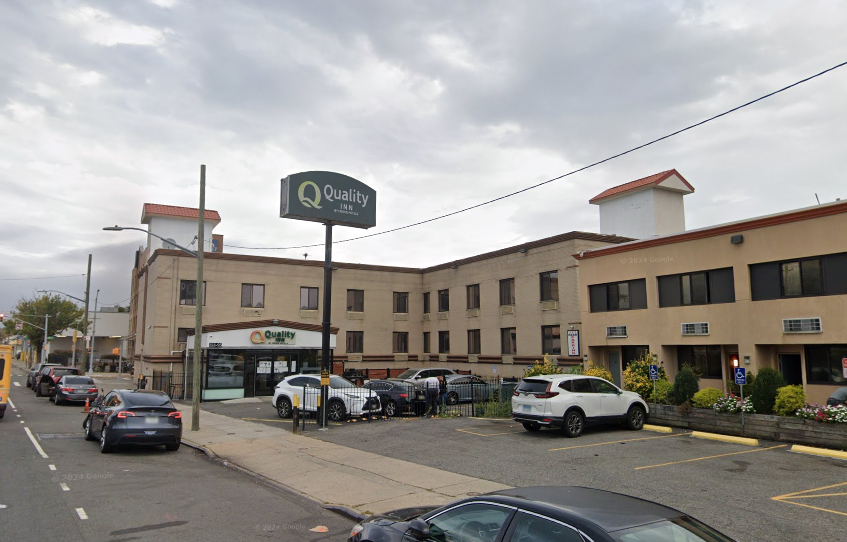Mayor Bill de Blasio rightly celebrated an important victory Tuesday as the City Council approved his zoning overhaul. The new zoning mandates that affordable housing be part of new projects, and loosens some height and parking restrictions.
In theory, it’ll lead to far more affordable housing for a wide range of incomes, while maintaining a community’s character and not pricing out existing residents. It must be careful not to segregate all affordable housing in the least affluent communities. In the right economy, with developers willing to build, the zoning could be a game-changer.
The reality might be different. New zoning means nothing without new development. It means nothing if developers think they can’t buy land, get financing, have the right incentives, and make deals that make financial sense. And it means nothing if communities’ concerns aren’t addressed.
So, city officials can bask in the victory, but must focus on getting the housing built. The market is tricky. Credit is tight; financing is tough to get and keep. Developer Robert Levine said that without quick state approvals, he might lose financing for his plans for two residential buildings, with 117 affordable units in total, at Brooklyn Bridge Park. Then there are the city’s high land prices, and an excess of condominiums, particularly at the high end, according to market analyst firm Miller Samuel. Add the expiration of the controversial 421-a tax break, and the mix is volatile. If reinstated, the 421-a program needs an overhaul, but a proposal by Assemb. Keith Wright of Manhattan to replace it with a subsidy isn’t enough.
The picture is a troubling one. City officials can’t rely on zoning successes, existing incentives and the developers themselves, and hope the market does the rest. It might not. The city will have to do more. That might include public-private partnerships, city-created affordable housing and the use of the city’s own land.
“Builders build until they can’t build anymore,” said Miller Samuel’s Jonathan Miller. “They’re not in the business of solving affordable housing crises.”
That is the city’s job.

































